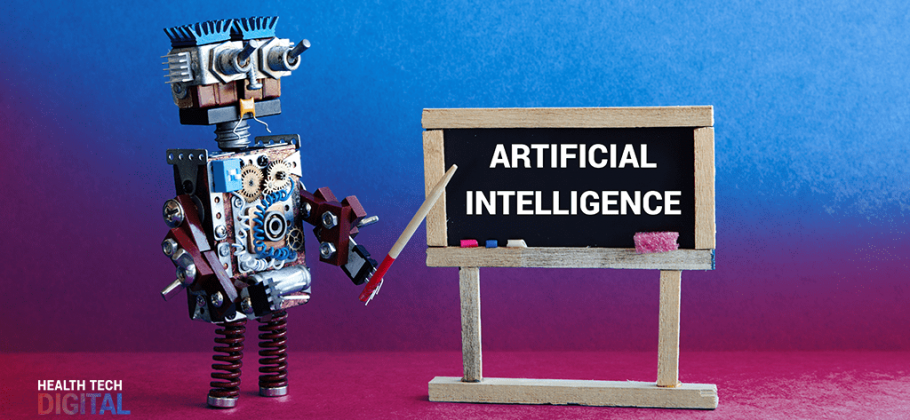Just like every other industry, the healthcare industry is taking advantage of the use of new technologies such as artificial intelligence. In 2016, it was reported that 86% of organisations were using artificial intelligence in healthcare. Furthermore, spending on AI healthcare in organisations will increase to an average of $54 million by 2020.
So, where are you most likely to see artificial intelligence in healthcare? Here are ten of the most popular uses for AI healthcare and where it has the potential to change the industry.
Ten uses of artificial intelligence in healthcare
1. Repetitive jobs
Data analysis can be incredibly time-consuming in the healthcare industry, particularly in departments such as radiology and cardiology. However, AI can help to complete these mundane and repetitive tasks to free up time. Furthermore, human supervision will only be required in extremely complex cases.
2. Managing data
Artificial intelligence can not only store data, but it can manipulate, reformat and trace data to provide quicker, more convenient access. Artificial intelligence in healthcare can work to store and analyse medical records to improve automation across the industry.
3. Provide consultations
More and more people are seeking healthcare advice from their digital devices rather than their GP. With AI, apps can provide medical consultations using medical knowledge and medical records. Then the AI can provide a recommended course of action based on the user’s circumstances.
4. Tailored treatment
AI can decide on the best treatment path for each patient based on their medical records, clinical knowledge and research. This enables patients to customise their care and find their own individual care plan that works for their needs.
5. Create medicines
AI can help to reduce the cost and time it takes to create drugs. This is because AI systems can store a considerable amount of data. The system can then scan this data to find the right medicines that will provide effective treatment. An example of this was during the Ebola outbreak, where existing medications were examined and redesigned to fight the disease, saving valuable time compared to extensive clinical trials.
6. Virtual nurse
Artificial intelligence in healthcare is expanding to peoples’ homes. Virtual nurses can check on the condition of the patient and provide follow up, especially with the treatment of chronic illnesses. Furthermore, a virtual nurse can give advice and answer patient questions in between patient visits.
7. Medication confirmation
Many patients suffer from adverse health conditions due to not taking their prescriptions or poor medication management. However, AI can integrate with a webcam to autonomously confirm that a patient is taking medication and managing their condition effectively.
8. Improve efficiencies
AI can be used to highlight inefficiencies and promote automation to reduce high costs and mistakes. Furthermore, AI can help to reduce unnecessary hospitalisation and errors in treatment. AI can also be used to create digital records and communication from invoices to appointment scheduling.
9. Genomics
With the help of AI, areas of precision medicine such as genetics and genomics can improve. AI can be used in body scans to help predict health issues based on an individual and their genetics. This means that conditions such as cancer and vascular diseases may be spotted quickly.
10. Health trackers
Fitness trackers and health monitors can help to alert people to increase their activity, focus on their sleep or check their heart rate. All of the information gathered from health trackers can help to provide data for the healthcare industry and the habits of patients.












